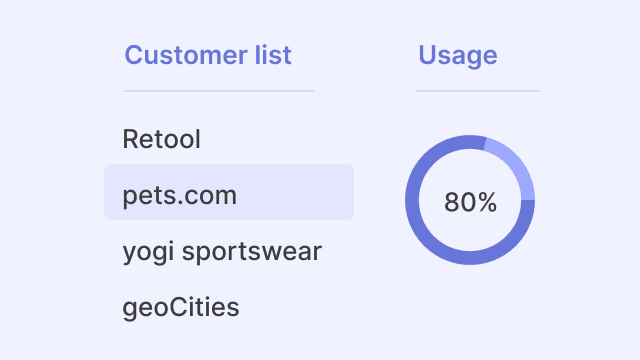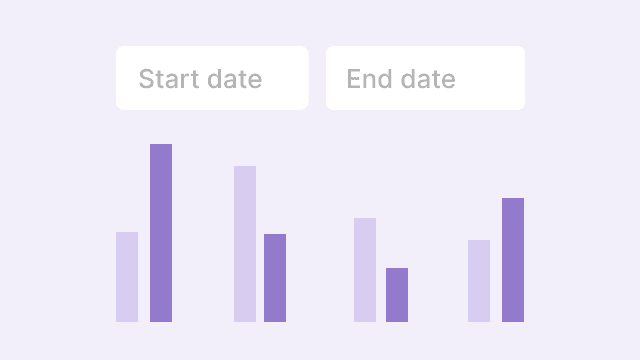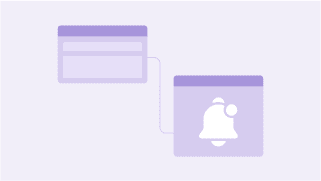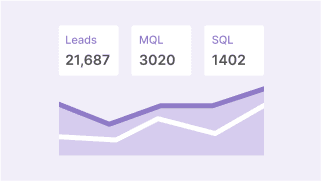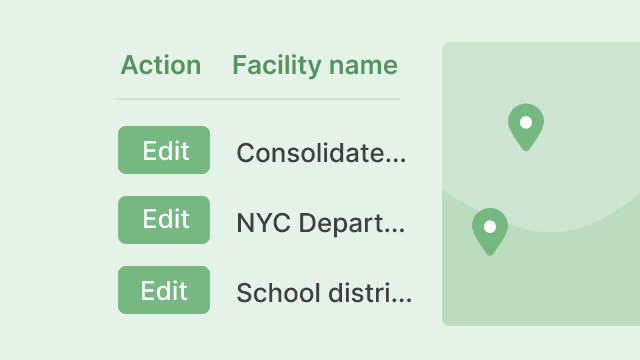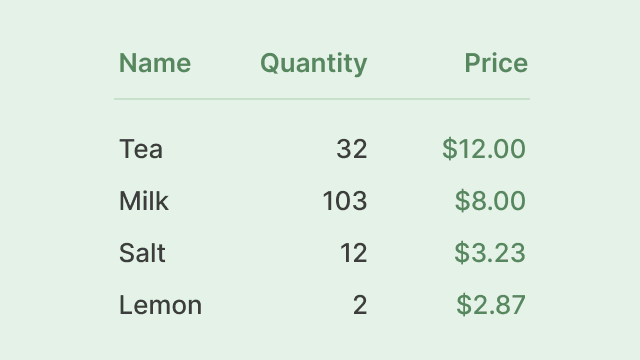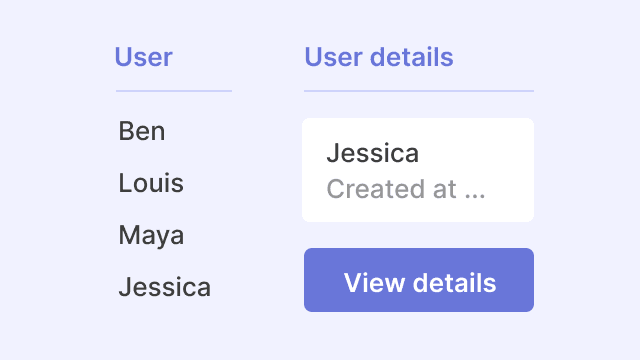Dispute Resolution System
This app is a dispute resolution system, utilizing a comprehensive dataset to facilitate efficient and effective dispute resolution for users.
How this template works
Retool allows you to bring your data to life to make powerful internal tools with both pre-made and custom components.
Learn about how Retool works- Click 'Try this template' to import this dispute resolution system template and create an organization.
- Edit your generated application visually by dragging-and-dropping components and writing queries against your pre-populated Retool Database.
- Extend this application by connecting to your own database to start building powerful internal tools.
Explore more Dashboard templates
Explore more Legal and Compliance templates
Explore other templates
Customers using Retool like this
View customer stories“Retool gives us a unified experience and provides teams with the ability to rapidly build out, manage, and deploy fully-featured internal tools—without all the effort of setting up authentication, authorization, and permissions.
Retool gives us a unified experience and provides teams with the ability to rapidly build out, manage, and deploy fully-featured internal tools—without all the effort of setting up authentication, authorization, and permissions.
Brock Haugen
Brock Haugen at Coinbase
“We like Retool a lot because you don't necessarily need a computer science degree to make changes. Retool gives you at least 10-20% improvement to operational efficiency.
We like Retool a lot because you don't necessarily need a computer science degree to make changes. Retool gives you at least 10-20% improvement to operational efficiency.
Geoff Charles
VP of Product at Ramp
Frequently Asked Questions
Retool is a development platform that allows developers to quickly build custom internal tools and dashboards for their businesses. Retool offers a drag-and-drop interface and pre-built components, making it easy to create applications while writing little code.
Retool is used by a variety of businesses, from small startups to large enterprises, across industries such as healthcare, finance, and e-commerce. Retool is particularly useful for businesses that rely heavily on internal tools and dashboards to run their operations, as it allows for the creation of custom applications tailored to their specific needs.
Retool supports a wide range of databases, including MySQL, PostgreSQL, Microsoft SQL Server, Amazon Redshift, and Google BigQuery. Retool also offers integrations with popular APIs and services such as Stripe, Twilio, and Slack, making it easy to incorporate data from these sources into Retool applications. Here is a list of all our different integrations.
Supercharge your business today.
Start building an internal tool or customer portal in under 10 minutes.
